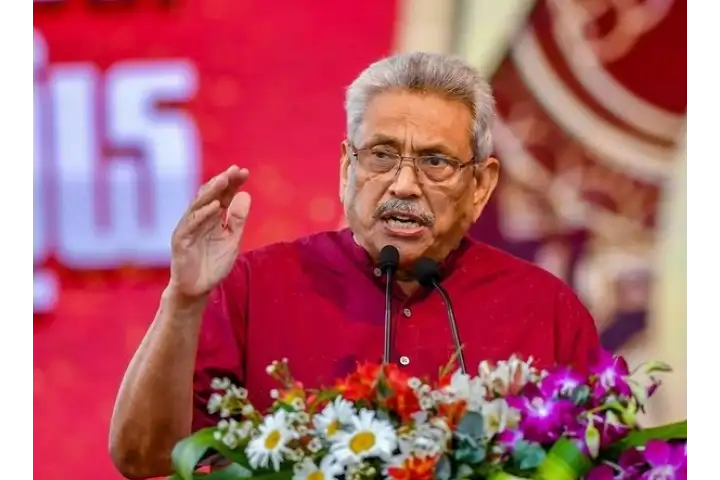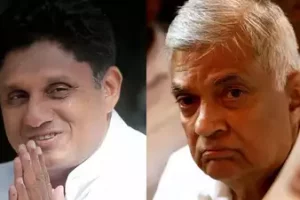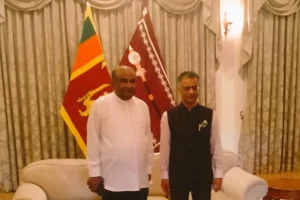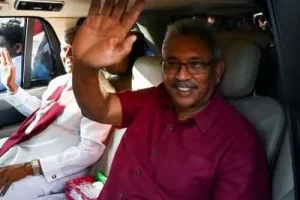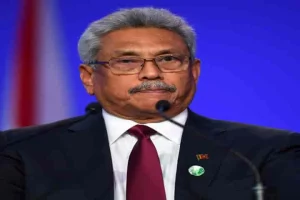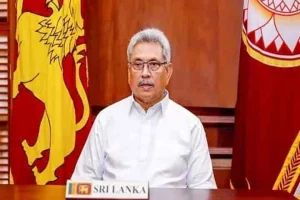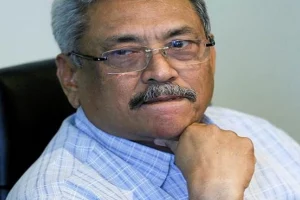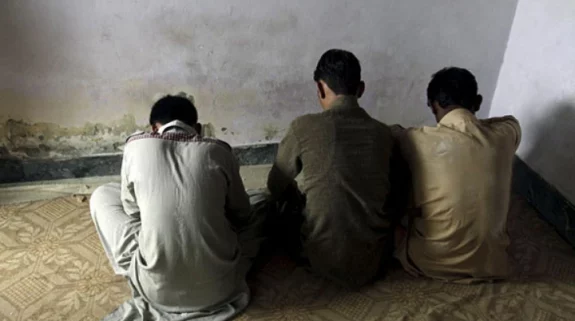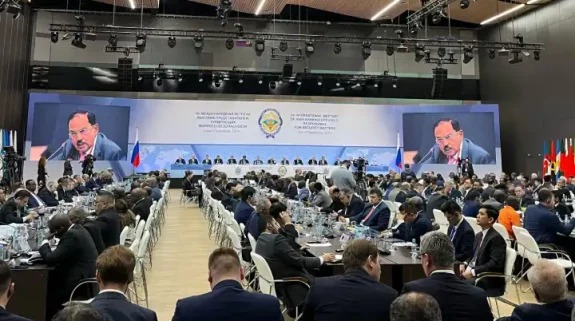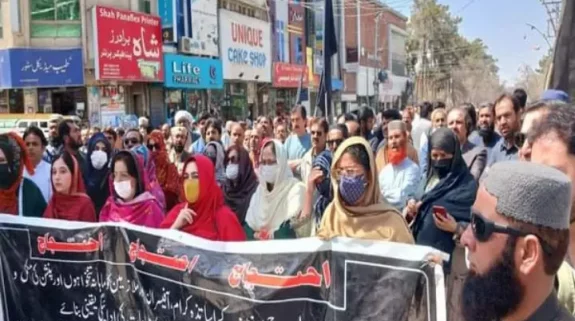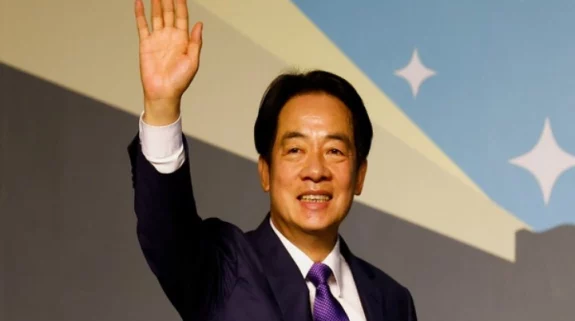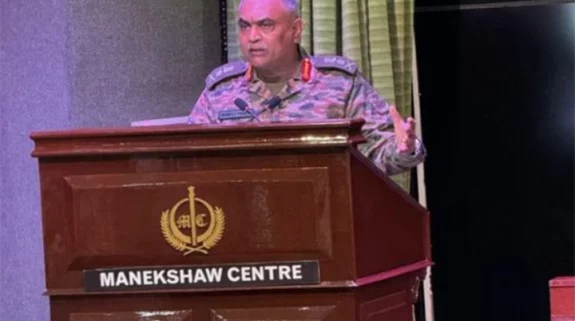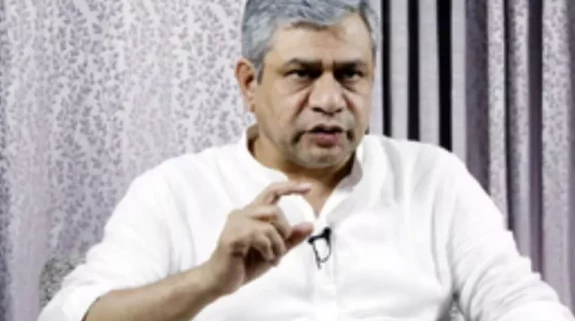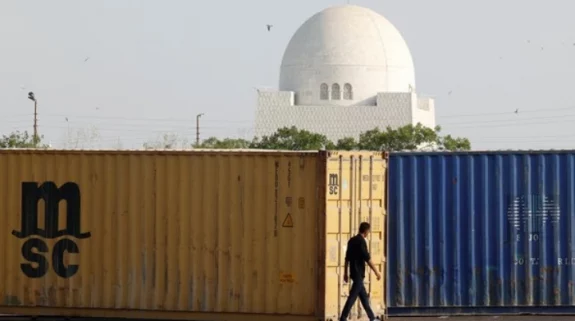The Gotabaya Rajapaksa government's illogical delay in seeking assistance from the International Monetary Fund (IMF) and the much-required debt restructuring exercise amid depleting foreign exchange reserves has only fueled the economic crisis in Sri Lanka. The callous approach has led to unprecedented shortage of food, fuel and medicines for 22 million people in the country.
In January, Sri Lanka repaid $500 million international sovereign bond (ISB). But the repayment hit the sagging economy even further and the worst sufferers were the poor.
While China, India and Japan top the list of Sri Lanka’s bilateral lenders, the ISB forms the largest chunk in the country’s debt repayment portfolio.
“Sri Lanka is facing an acute shortage of foreign exchange – people queue in long lines to buy cooking gas; there is no powdered milk; food prices are rising rapidly; power cuts are becoming frequent. This $ 500 million could enable people, especially poor people, to buy and cook food for themselves and their children. Instead, the Government is choosing to reimburse bondholders, who are hardly poor,” Daily FT in a report published last year quoted Shanta Devarajan, former acting chief economist of the World Bank as saying.
Though IMF assistance comes with stringent riders which include tax increase and reduction of exemptions, analysts said that the Rajapaksas’ should have bitten the bullet much earlier.
The country resumed negotiations with the IMF only recently. In a statement, Sri Lanka’s finance ministry said that the government intends to pursue its discussions with the IMF “as expeditiously as possible with a view to formulating and presenting to the country’s creditors a comprehensive plan” for restoring the external public debt to a manageable level.
“A decision for restructuring of external debt should have been taken much earlier especially when the economic situation was known to the country’s policymakers. That apart, the country started talks with IMF rather late, these questions remain,” an analyst told India Narrative.
In January Sri Lanka’s now sacked finance minister and younger brother of Sri Lankan President Gotabaya, Basil Rajapaksa assured that Colombo will not default in its loan repayment, paying little heed to voices within the country prescribing an immediate restructure of the debt.
Only a few days ago, Gotabaya Rajapaksa admitted to his mistakes for the first time. “I believe that we should have gone for a programme with the International Monetary Fund earlier. Also, I think the decision not to provide chemical fertilizers to farmers was an error. We have taken steps to revive that practice,” a statement issued by his office said.
Gross mismanagement of finances by the Rajapaksas
While Covid 19 pandemic aggravated the country’s economic crisis, the Rajapaksas and their “populist” economic policies have led to the current fiasco.
The Diplomat in a report said that “mismanaged government finances and ill-timed tax cuts,” have led to the problem.
In 2019, the year when Sri Lanka’s President Gotabaya Rajapaksa took over, the foreign exchange reserves of the country were $7.5 billion. In March it stood at just $1.93 billion.
Gotabaya Rajapaksa’s decision to cut taxes, ban chemical fertilisers in 2021, which was later reversed and delay in seeking IMF are among the reasons that led to the catastrophe. The already dwindling situation was aggravated by the Covid 19 pandemic which led to closing of the border impacting the all-important tourism sector.
The Sri Lankan cabinet prior to the recent reshuffle had five members from the Rajapaksa family.
Besides Basil, who was serving as the finance minister, Mahindra Rajapaksa is Prime Minister while the 78 year-old Chamal Rajapaksa was minister of Irrigation, Rural Development, Internal Trade, Food Security and Consumer Welfare. The prime minister's eldest son Namal served as the youth and sports minister. In the newly reshuffled cabinet, Basil, Chamal and Namal Rajapaksa do not feature.
Analysts said that amid the crisis, Gotabaya’s stubbornness to cling on to power is “equally frustrating.”
“Sri Lanka’s situation must be taken as a lesson by other countries especially as we now pass through many uncertainties arising out of the Russia-Ukraine conflict and aftermath of the Covid pandemic,” the analyst quoted earlier noted.
Also read: IMF chief thanks India for support to Sri Lanka as island nation seeks bail-out






